Premium Only Content
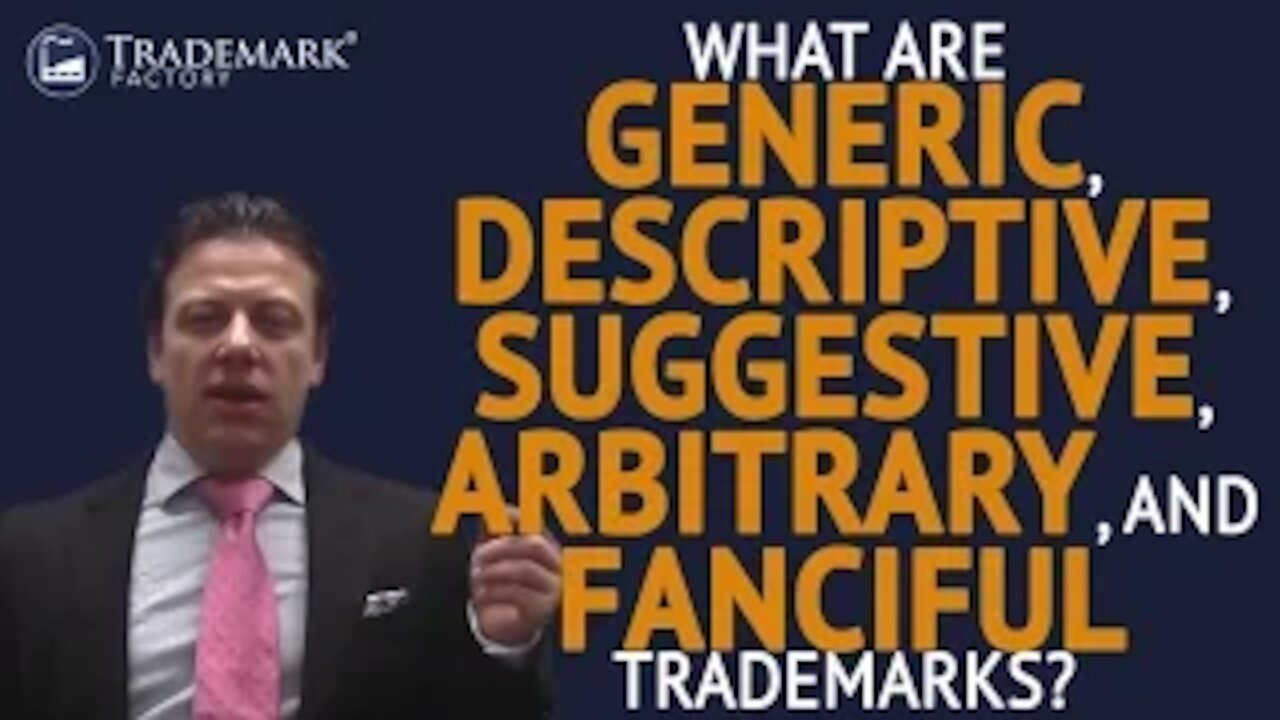
What Are Generic, Descriptive, Suggestive Trademarks? | Trademark Factory® FAQ
Trademark your brand at https://trademarkfactory.com/advisors/youtube
What Are Generic, Descriptive, Suggestive, Arbitrary, Fanciful Trademarks?
Andrei, the founder of Trademark Factory®, answers this frequently asked question in this video.
Secure Your Brand with Trademark Factory®
Risk-Free, Guaranteed.
https://www.trademarkfactory.com
If you have a name or a logo you want to protect, BOOK A FREE CALL with our strategy advisors at https://trademarkfactory.com/call
If it's worth promoting, it's worth protecting!
____
There are 5 degrees how trademarks are measured in terms of their strength. Some of them are registrable, and some of them are not.
Least registrable trademarks are generic trademarks. A trademark that is simply the common name for the product or the service is called generic. If I am selling pens, the word “Pen” would be generic if somebody wanted to trademark that. If I am selling cars I can’t trademark the word “Car.” If I am selling the trademarking services, I can’t register the phrase “Trademarking services”, or just “Trademarking,” or “Trademark.”
Slightly above that are descriptive trademarks. Descriptive trademarks are more than just naming the product but they do nothing more than tell the market about certain characteristics, or features, or benefits of your product or service. So if you’re selling printers, you can’t trademark the word “Color,” because that’s the feature of your printers. Or if you’re selling accounting services, “Timely Accounting Services” would be a descriptive trademark. It is not generic—it would be generic, if it had been simply “Accounting,”—because you’re adding something to it, but what you’re adding is only a description of the characteristic of your product or service. So “Timely Accounting Services” or “Pure Gold Bracelets”... Again, the name of the product is “Bracelets”—it’s generic; “Gold”—that’s descriptive; “Pure Gold”—still descriptive.
Above that there are suggestive marks. Suggestive marks are those that give the customer some idea about your product or service, but they don’t just describe a main feature, or main characteristic, or one of the main features or characteristics, in a way that adds nothing to the trademark in terms of identity. So the good example here would be “Trademark Factory®”. When you hear the phrase “Trademark Factory”, you know that what we offer is trademarking services, but really, the word “Factory” does not tell you exactly how we are different from others, how are we better than others, it doesn’t tell you anything except that in some shape or form, we offer trademarking services. That’s a suggestive mark.
Above that, there are arbitrary marks. They use dictionary words that have nothing to do with the product or the service. And the best example here is “Apple.” Apple is not in the business of selling apples, otherwise it would have been a generic mark. But they use the word “Apple” to sell computers and phones and software. And none of this has anything to do with apples. So they use a dictionary word in connection with unrelated products and services, thus making it an arbitrary mark.
And finally there are fanciful trademarks. When you come up with a word that did not exist, that means nothing, it’s not in the dictionary and you just came up with that name and thought it would be a great name for a product or a service, and you give it that name—and it’s also very trademarkable. A good example for that would be—and there are so many of them—and something tells me, if I come up with a name as an example, I would get some comments that actually this means something in some other language, but I’m still going to give it a try. And if I’m wrong with an example, you’re welcome to post your comments and correct me, but you’ll still get the point. So for example, “Sony” or “Yamaha”. This means nothing, at least in English. Some of the most famous fanciful trademarks are Xerox, Kodak, and Exxon.
Some other good words that used to be fanciful marks are “Escalator”, “Aspirin,” and “Linoleum.” They used to be fanciful marks that mean nothing, that did not exist, but now they are generic marks or very close to generic marks in case of Aspirin. Somebody came up with a name, they gave this name to a product. But they became so prevalent on the marketplace that people started using those names as generic names. Google is another good example of a trademark that may be on its way to becoming generic.
-----------------------------------
Trademark Factory® resources:
★ Website: https://trademarkfactory.com ★
☆ YouTube Channel: https://youtube.com/trademarkfactory.com ☆
★ Facebook Page: https://facebook.com/thetrademarkfactory ★
☆ Twitter: https://twitter.com/realTMfactory ☆
★ Kick-Ass Brands Show: http://kickassbrandsshow.com ★
☆ Kick-Ass Brands Facebook Group: https://www.facebook.com/groups/kickassbrands ☆
#trademark #brand #logo #slogan
-
 3:54
3:54
Trademark Factory® - How to Trademark Your Brand
3 years agoWhat Are Ornamental Trademarks? | Trademark Factory® FAQ
16 -
 11:44
11:44
Trademark Factory® - How to Trademark Your Brand
3 years agoWhat is a trademark? | Trademark Factory® FAQ
7 -
 5:32
5:32
Trademark Factory® - How to Trademark Your Brand
3 years ago $0.02 earnedWhat Is the Difference Between Trademarks and Copyright? | Trademark Factory® FAQ
213 -
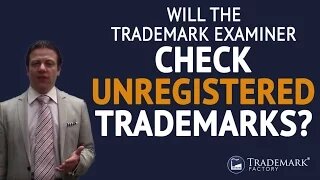 3:22
3:22
Trademark Factory® - How to Trademark Your Brand
3 years agoWill the Trademark Examiner Check Unregistered Trademarks? | Trademark Factory® FAQ
36 -
 11:44
11:44
Trademark Factory® - How to Trademark Your Brand
3 years agoWhat Makes Trademark Factory® Different?
83 -
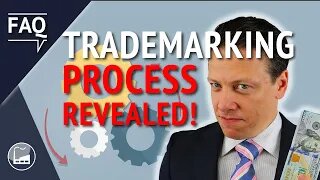 10:11
10:11
Trademark Factory® - How to Trademark Your Brand
3 years agoWhat Is the Trademarking Process? | Trademark Factory® FAQ
32 -
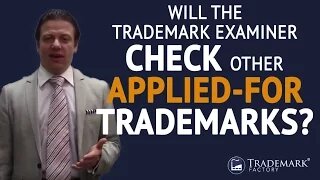 3:12
3:12
Trademark Factory® - How to Trademark Your Brand
3 years agoWill the Trademark Examiner Check Other Applied For Trademarks? | Trademark Factory® FAQ
12 -
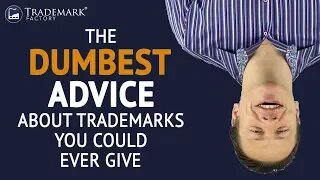 4:07
4:07
Trademark Factory® - How to Trademark Your Brand
3 years agoThe Dumbest Advice About Trademarks You Could Ever Give | Trademark Factory® FAQ
17 -
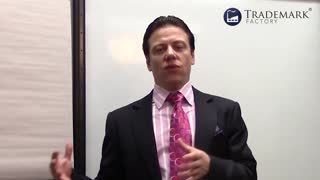 4:00
4:00
Trademark Factory® - How to Trademark Your Brand
3 years agoWhat is Post-Allowance Statement / Declaration of Use? | Trademark Factory® FAQ
21 -
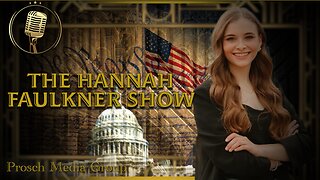 48:18
48:18
PMG
16 hours ago"Hannah Faulkner and Vittoria | FIRST PRO LIFE FASHION COMPANY"
1661